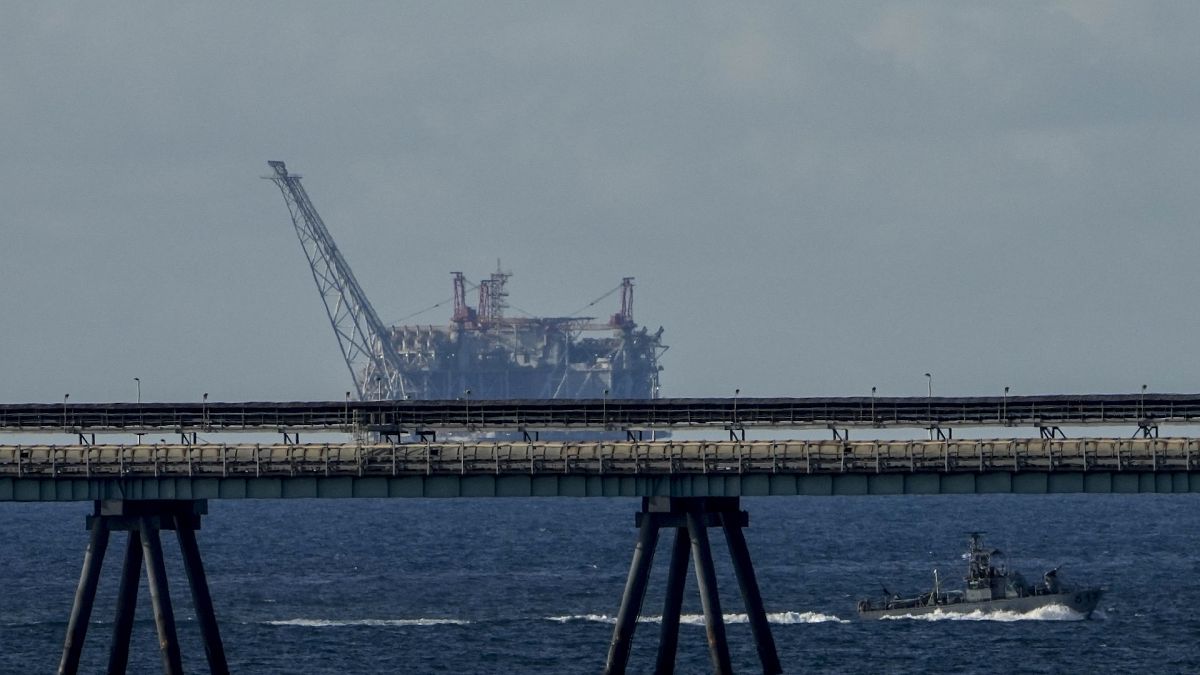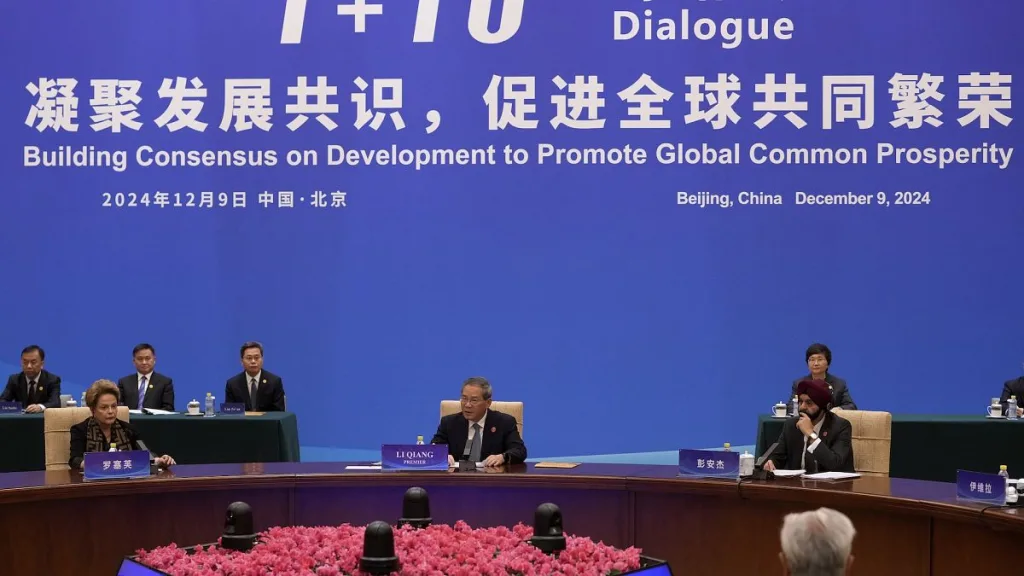As the possibility of Donald Trump securing a second term in the upcoming 2024 elections looms, concerns are mounting over a potential trade war that could impose heavy economic losses on Germany. A recent study outlines the far-reaching implications of escalating trade tensions between the EU and the US, particularly for Germany, a key trading partner of the United States.
Trump’s inclination to increase tariffs on imports from the US suggests that if he returns to office, these tariffs could rise as much as 10% or even 20%. This impending change has sparked worries about how such policies would affect bilateral trade relationships, especially considering that Germany exported approximately $171.65 billion (€158.75 billion) worth of goods to the US in 2023.
According to a detailed report by the German Economic Institute (IW), shared with business analysts and the economic community, two potential scenarios could unfold if tariffs are raised. The first scenario posits that Trump could implement a 10% tariff on all US imports, coupled with a staggering 60% tariff on goods imported from China, starting in 2025. In this case, retaliation from the EU could lead to a 10% tariff on imports from the US.
The second scenario envisions an even more severe trade war, with both the EU and the US levying 20% tariffs against each other. Such moves would drastically impact Germany’s economy and its exporting industries.
The Impact of US Tariff Increases on Germany’s Economic Landscape
Various sectors in Germany could experience significant strain if trade disputes intensify. In 2023, the main exports from Germany to the US included medicines, automobiles, and various biopharmaceutical products. Conversely, Germany imported approximately $76.47 billion (€70.70 billion) worth of goods from the US, which included vehicles, optical equipment, and pharmaceuticals.
In the first scenario outlined by the IW report, Germany’s GDP could face a potential loss exceeding €127 billion, calculated in constant 2020 prices, over Trump’s four-year presidency. The more drastic second scenario could see a GDP drop of around €180 billion, translating to a 1.5% decline by the end of his term. Meanwhile, the EU-27 as a whole might experience a 1.3% GDP reduction in this instance.
Experts highlight that this downturn is likely to stem from plummeting private investment rather than a significant drop in private consumption. Germany’s heavy reliance on exports makes it especially vulnerable to trade tensions, unlike the United States, which benefits from a more self-sufficient economy.
Fitch Ratings has indicated that “US tariffs would exacerbate existing growth challenges in Europe, particularly for Germany’s export-driven economy.” This predicament carries the potential to negatively influence eurozone growth and widen the economic performance gap with the US.
Other European nations such as Italy, France, and Spain also stand to face similar tariff ramifications, with estimated rates between 1% to 2.6%. Italy might bear the brunt of these tariffs due to its exports of footwear and luxury items.
Would EU Retaliatory Tariffs Be Effective?
In response to these possible tariff hikes, Thomas Obst, a senior economist at IW, argued that a trade war could be detrimental for both the EU and the US, particularly to Germany’s already struggling export industry. Retaliatory tariffs could prevent a prolonged trade conflict, minimizing economic damage.
Dr. Samina Sultan, another senior economist at IW, suggested that strong EU retaliation could serve to recalibrate negotiations with Trump, reinforcing the idea that a balanced partnership benefits both sides, especially in relation to China.
Nevertheless, the imposition of retaliatory tariffs may also have adverse effects, potentially worsening the economic challenges the EU has been grappling with since the pandemic, including soaring inflation and sluggish growth.
Given the current climate, it’s crucial for the EU to fortify trade relations not only with the US but also with emerging markets in Latin America and Southeast Asia to ensure a robust global position.
Photo credit & article inspired by: Euronews



